200,000 Carbon Credits Available As Forward Contracts.
PLANTL TOKENS
Purchase PLANTL tokens today and redeem them for future carbon credits as they become available. Your investment will kickstart operations to fund a portfolio of high-impact, high-yield smallholder agrisolar farm projects in Nakhon Phanom Province, Thailand!
150 kWp of 450 kWp Solar Energy System I
150 kWp of 450 kWp Solar Energy System
Field Segment I – 150 kWp
17.129243, 104.746792
150 kWp solar energy system
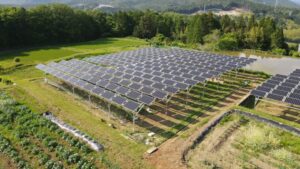
150 kWp of 450 kWp Solar Energy System II
150 kWp of 450 kWp Solar Energy System Field Segment II – 150 kWp 17.129117, 104.747482

150 kWp of 450 kWp Solar Energy System III
150 kWp of 450 kWp Solar Energy System Field Segment III – 150 kWp 17.129021, 104.748004

Battery Energy Storage System I - 1 MWh
Battery Energy Storage System – 1 MWh
17.129314, 104.747304

Battery Energy Storage System II - 1 MWh
Battery Energy Storage System II – 1 MWh
17.128859, 104.748320

Community Solar Water Irrigation
Community Solar Water Irrigation
17.129402, 104.746941

Agrisolar Prefab Dual Living and Vertical Farmhouse
Dual Living and Vertical Farmhouse for smallholder farmers.
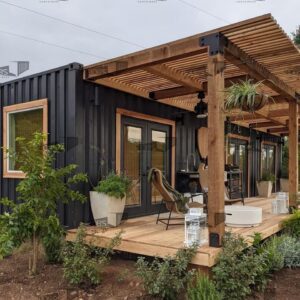
Agrisolar Crop Processing to Oil

Agrisolar Commercial Kitchen
The prefab agrisolar commercial container kitchen takes the processed oil from our high value crops and produces retail products.

Prefab Agrisolar Vertical Farmhouse 1 of 4
Prefab Agrisolar Vertical Farmhouse 1 of 4
Hydroponic Cannabis* Cultivation.


*Recreational and Medical Cannabis cultivation is legal in Thailand.
Prefab Agrisolar Vertical Farmhouse 2 of 4
Prefab Agrisolar Vertical Farmhouse 2 of 4
Hydroponic Cannabis Cultivation.


*Recreational and Medical Cannabis cultivation is legal in Thailand.
Prefab Agrisolar Vertical Farmhouse 3 of 4
Prefab Agrisolar Vertical Farmhouse 3 of 4
Hydroponic Cannabis Cultivation.


*Recreational and Medical Cannabis cultivation is legal in Thailand.
Prefab Agrisolar Vertical Farmhouse 4 of 4
Prefab Agrisolar Vertical Farmhouse 4 of 4
Hydroponic Cannabis Cultivation.


*Recreational and Medical Cannabis cultivation is legal in Thailand.
Mobile Biochar Production
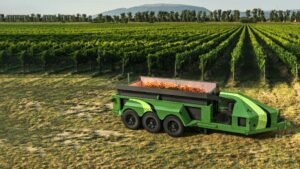
AWD IoT Smart Water Management
AWD IoT Smart Water Management
17.130073, 104.744859

Solar Powered Cold Storage
17.128852, 104.748436

Agrisolar Crop Processing I
17.129072, 104.748262

Agrisolar Farm Solutions
Agrisolar Community Vertical Farming Project Solutions and Services for our Community Pilot Project to be launched in Nakhon Phanom Province, Thailand.
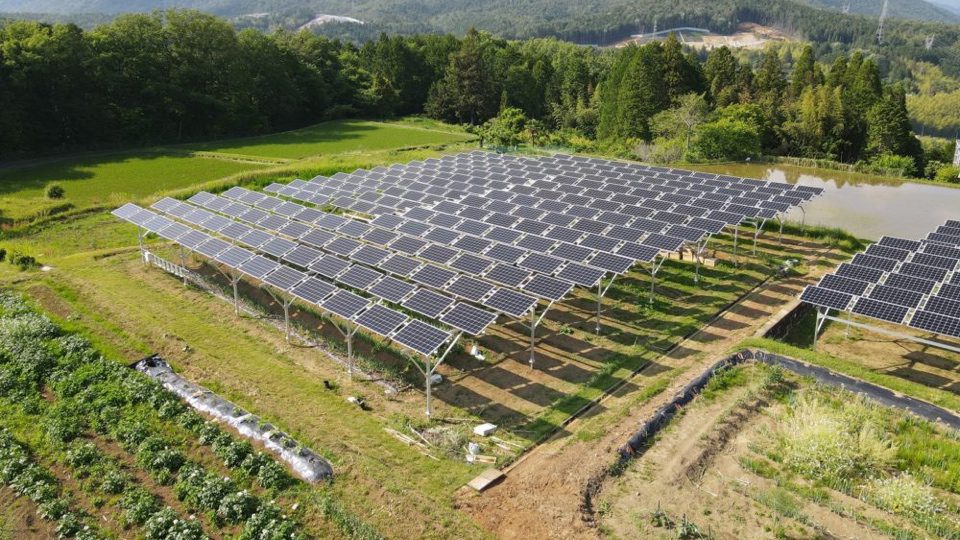
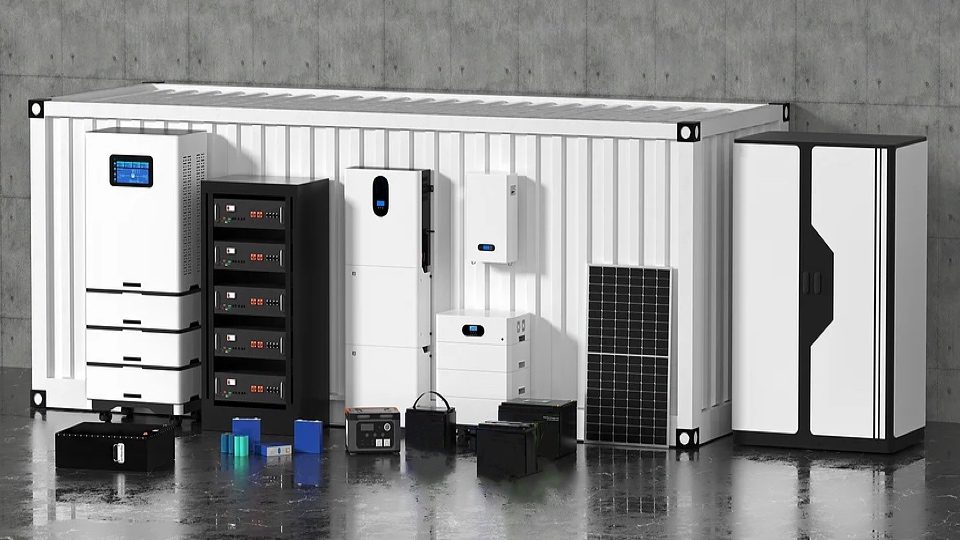
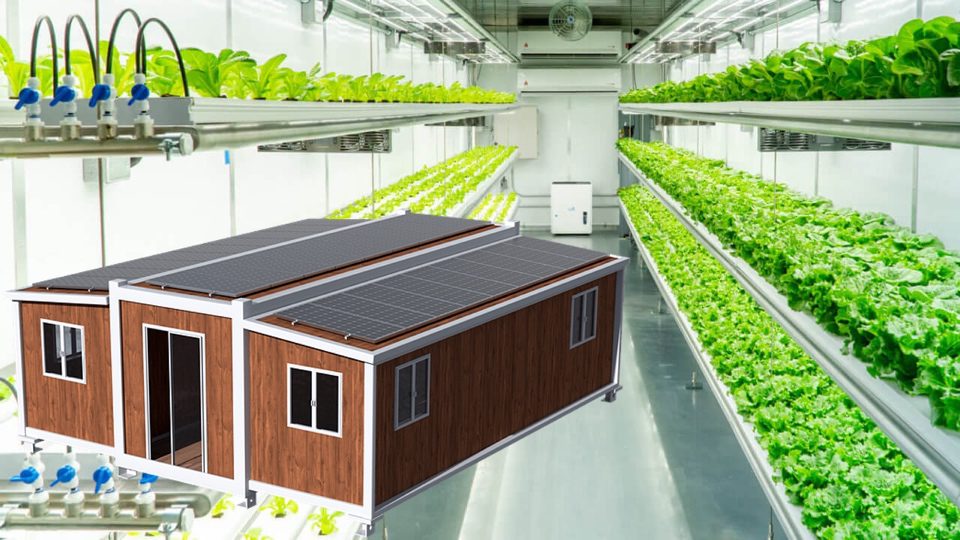
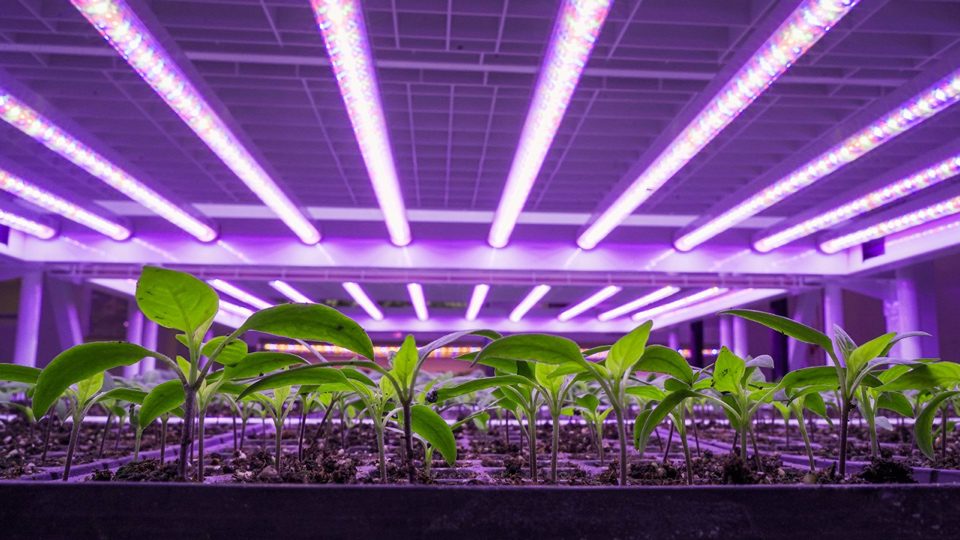
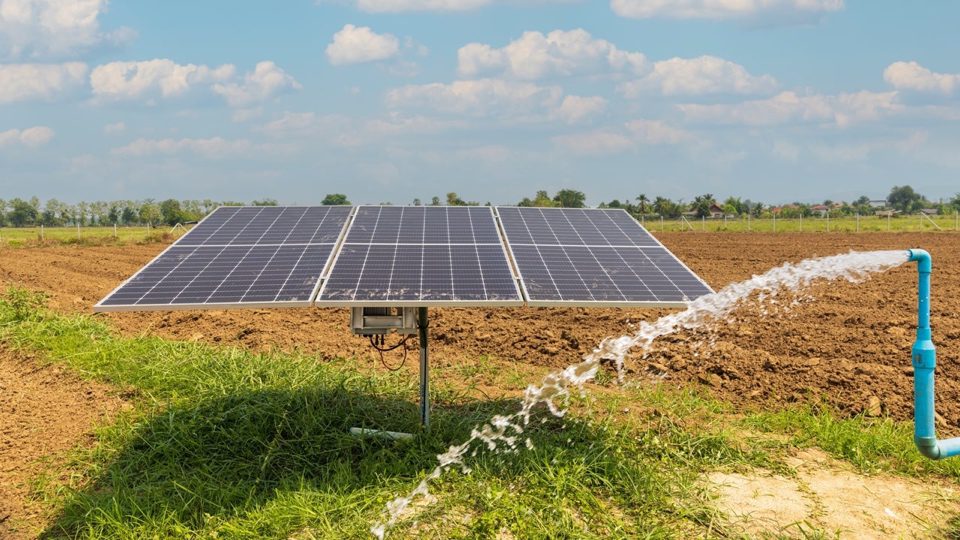
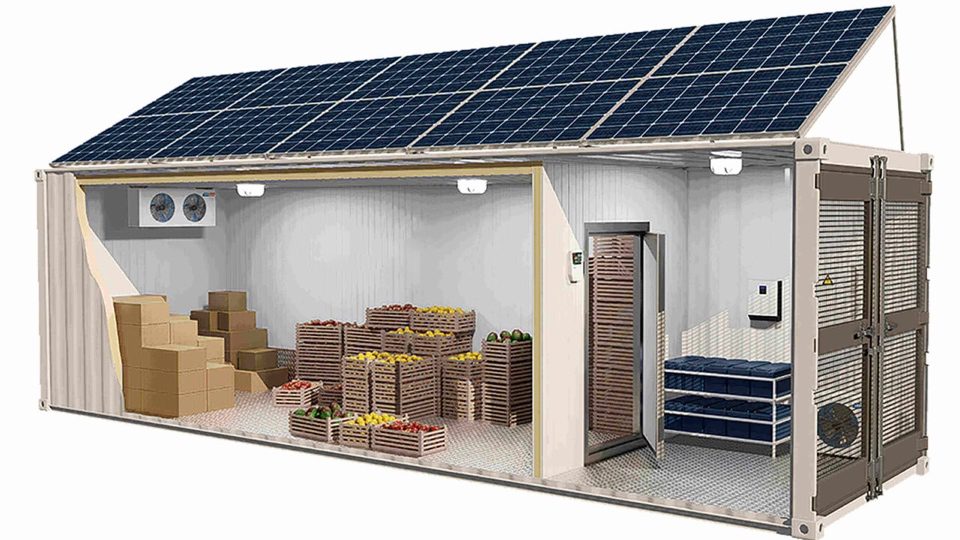
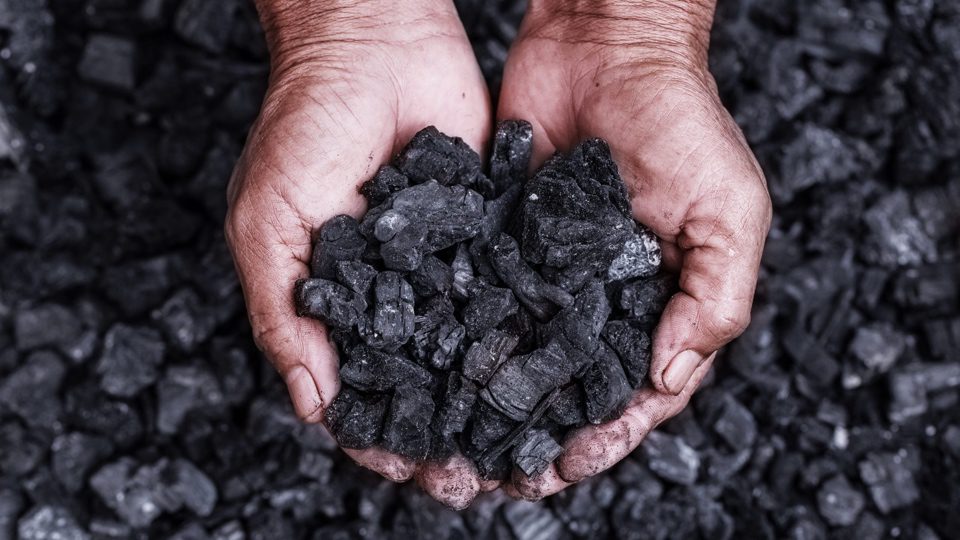
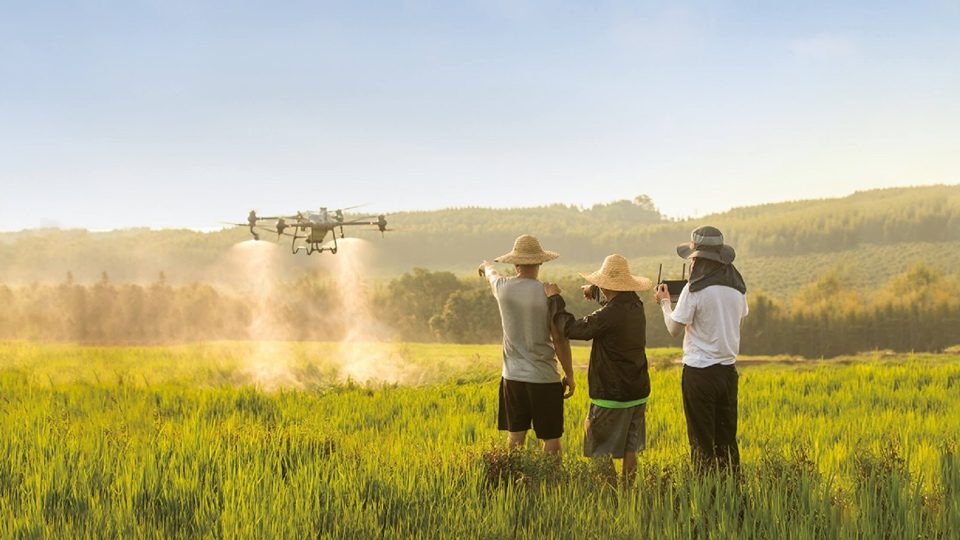
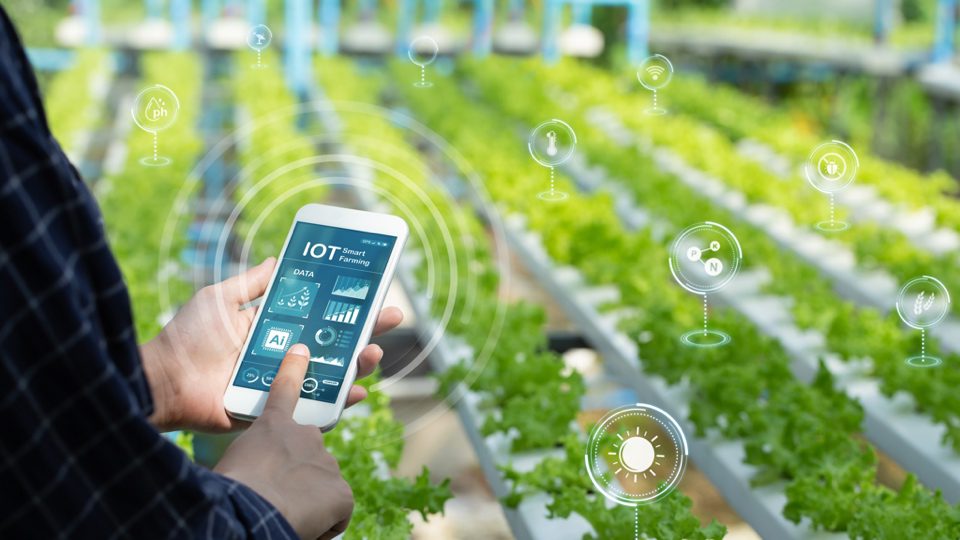


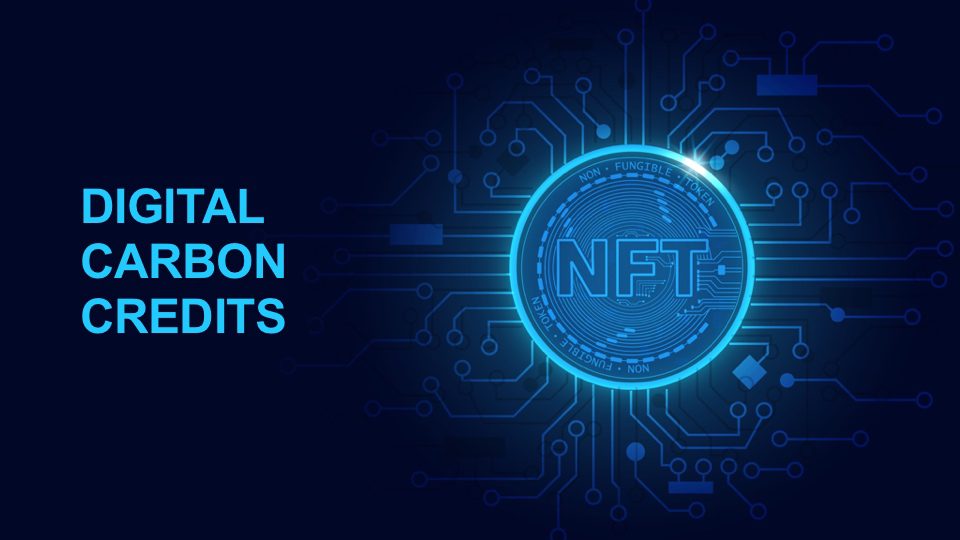
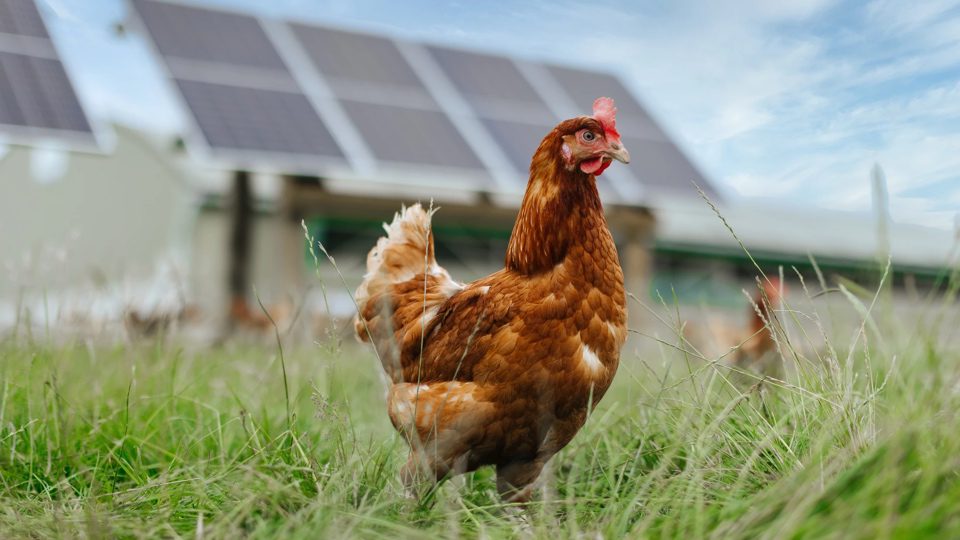
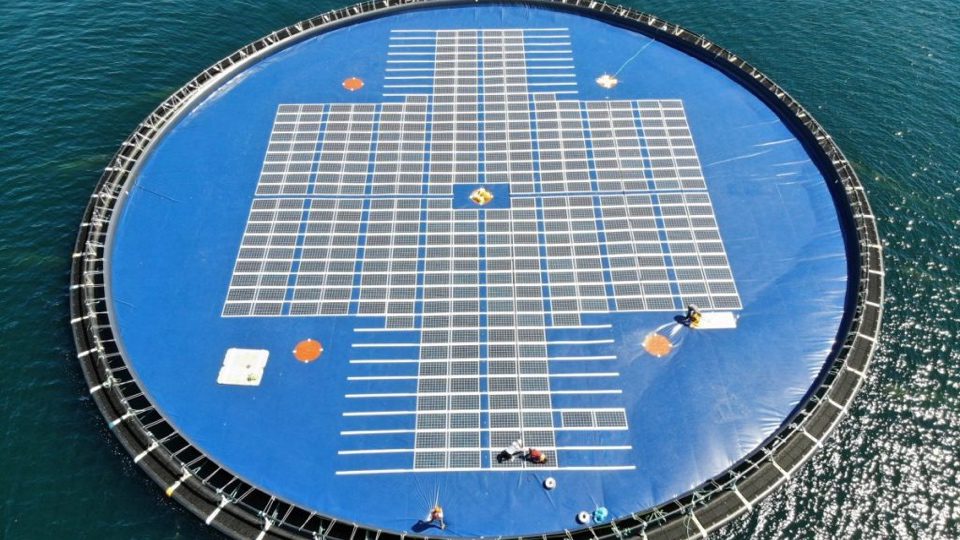
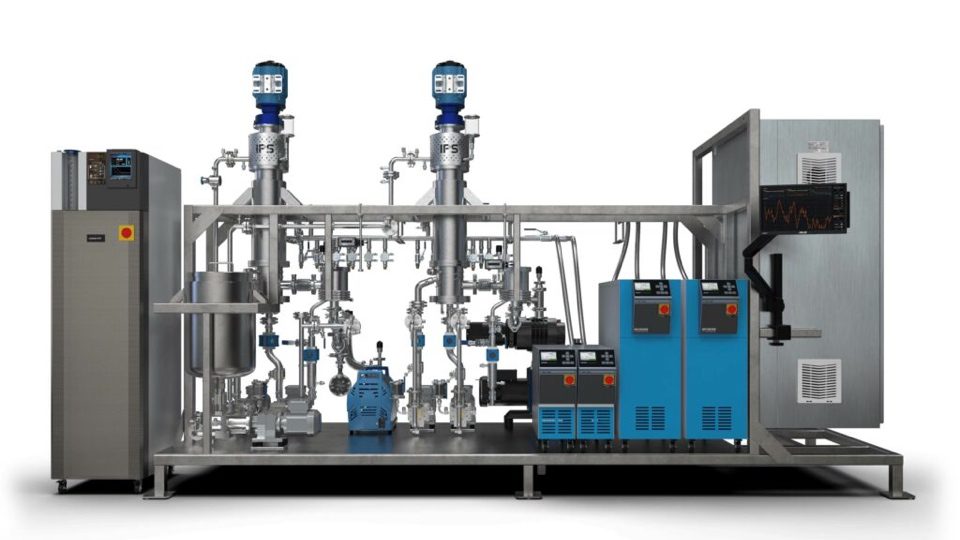
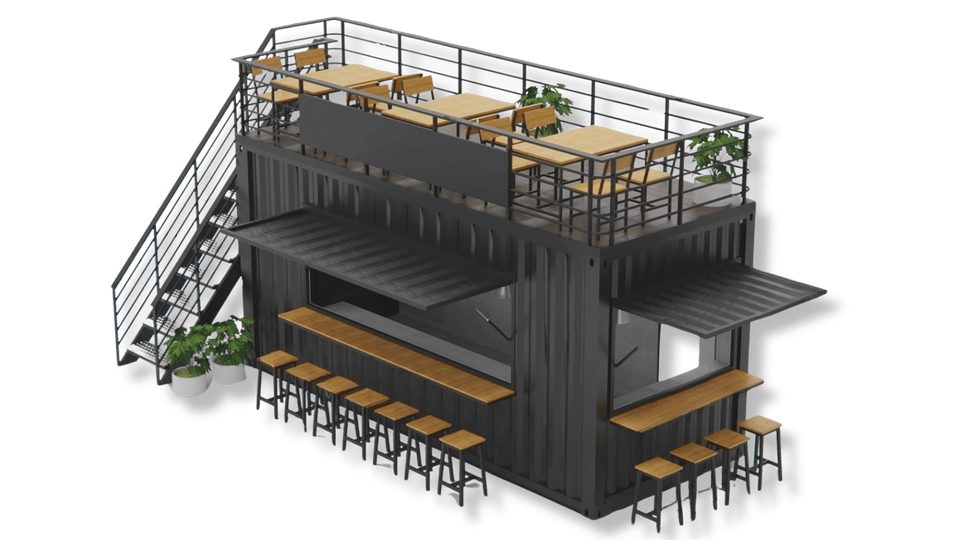
Agricultural Overview Nakhon Phanom Province, Thailand.
Number of Smallholder Farms
- Estimated Number: Approximately 80,000 to 100,000 smallholder farms.
- Explanation: The majority of the province’s population engages in agriculture, primarily through small-scale, family-owned farms. These farms are typically less than 5 hectares (about 12 acres) in size.
Total Agricultural Land Area
- Estimated Area: Around 700,000 to 800,000 acres (approximately 283,000 to 323,700 hectares).
- Explanation: Nakhon Phanom covers an area of about 5,512 square kilometers (2,128 square miles). A significant portion of this land is devoted to agriculture, leveraging the fertile soil and access to water from the Mekong River and its tributaries.
Crops Cultivated
- Rice
- Details: The primary staple crop, grown predominantly during the rainy season. Both glutinous (sticky) and non-glutinous varieties are cultivated.
- Rubber
- Details: Rubber plantations have expanded due to favorable market prices, contributing significantly to the local economy.
- Cassava
- Details: Used for both domestic consumption and export, cassava is a vital cash crop.
- Sugarcane
- Details: Grown for sugar production and biofuel, benefiting from the province’s suitable climate.
- Maize (Corn)
- Details: Cultivated for animal feed and human consumption, often intercropped with other plants.
- Fruits and Vegetables
- Details: Includes bananas, mangoes, papayas, longan, and various leafy greens.
- Kenaf and Other Fibers
- Details: Used in the production of textiles, ropes, and biodegradable materials.
- Soybeans and Peanuts
- Details: Grown for oil extraction and as protein-rich food sources.
Livestock Farming
- Cattle and Buffalo
- Details: Raised for meat, milk, and as draft animals.
- Poultry
- Details: Chickens and ducks are common, both for meat and eggs.
- Pigs
- Details: Swine farming is practiced on a smaller scale.
Agricultural Practices
- Irrigation Systems
- Details: Combination of rain-fed and irrigated farming, utilizing water from rivers and reservoirs.
- Crop Rotation and Intercropping
- Details: Techniques used to maintain soil fertility and reduce pest infestations.
- Use of Fertilizers and Pesticides
- Details: Both organic and chemical inputs are used to enhance yields, with a growing interest in sustainable practices.
Challenges Faced
- Soil Degradation
- Details: Intensive farming and improper land management leading to reduced soil quality.
- Water Scarcity
- Details: Seasonal droughts affect crop yields; reliance on monsoon rains makes agriculture vulnerable to climate variability.
- Market Access
- Details: Smallholders often face difficulties in accessing larger markets and obtaining fair prices for their products.
- Pests and Diseases
- Details: Affect both crops and livestock, requiring effective management strategies.
Government and Non-Governmental Support
- Subsidies and Financial Aid
- Details: Provided to farmers to purchase seeds, fertilizers, and equipment.
- Agricultural Extension Services
- Details: Training and resources offered to improve farming techniques and increase productivity.
- Infrastructure Development
- Details: Investments in roads, storage facilities, and irrigation to support the agricultural sector.
- Sustainability Initiatives
- Details: Programs promoting organic farming, crop diversification, and environmental conservation.
Economic Impact
- Contribution to GDP
- Details: Agriculture remains a significant part of Nakhon Phanom’s economy, contributing to both provincial and national GDP.
- Employment
- Details: The agricultural sector is a major employer, providing livelihoods for a large portion of the population.
Summary
Nakhon Phanom Province is a vital agricultural hub in Thailand, with a high concentration of smallholder farms engaging in diverse farming activities. The province’s fertile land and favorable climate conditions support the cultivation of various crops and the raising of livestock. While exact figures may fluctuate, the estimates provided offer a comprehensive overview of the agricultural landscape in Nakhon Phanom.
Note: For the most current and precise data, it is recommended to consult official sources such as the Thai Ministry of Agriculture and Cooperatives or local government offices.
Carbon Credits
To achieve our goal of creating 200,000 metric tons of carbon dioxide equivalent (MtCO2e) through various strategies—solar energy systems, biochar production, diesel/gas offset from local food production, and solar water pumps—here’s a strategic plan:
1. Solar Energy Systems (Carbon Offsets from Renewable Energy)
- Objective: Deploy agrisolar systems on smallholder farms to produce renewable energy that replaces fossil fuel-generated electricity.
- Estimation: Each 1 MW of solar energy can generate approximately 1,500 – 1,600 MWh per year, which typically offsets around 1,100 to 1,200 metric tons of CO2 per year.
- Action Plan:
- Install 100 MW of solar energy systems across your network of farms.
- Timeline: Install over 1-2 years depending on scalability and investment.
- Carbon Offset Contribution: ~110,000 to 120,000 MtCO2e annually.
2. Biochar Production
- Objective: Implement biochar systems to capture carbon and enhance soil quality while reducing methane emissions from rice paddies.
- Estimation: Biochar can sequester around 1-3 MtCO2e per ton of biochar produced. With 100 biochar production units, each producing 1,000 tons of biochar per year, you can offset approximately 100,000 – 300,000 MtCO2e annually.
- Action Plan:
- Install biochar production units alongside your solar farms.
- Develop contracts with local farms to provide biomass waste for biochar production.
- Timeline: Ramp up to full production within 12-24 months.
- Carbon Offset Contribution: Target 50,000 MtCO2e from initial production.
3. Diesel/Gas Offset from Local Food Production
- Objective: Reduce emissions by localizing food production, which decreases reliance on fossil fuel-based transportation.
- Estimation: Local food systems can reduce up to 0.5-1 MtCO2e per ton of food produced. The average farm may reduce around 500-1,000 MtCO2e annually.
- Action Plan:
- Implement precision farming and vertical agrisolar farming on 200 farms.
- Use the energy from solar farms to power on-site refrigeration, processing, and transportation, reducing diesel use.
- Carbon Offset Contribution: ~20,000 MtCO2e from localized production across all farms.
4. Solar Water Pumps (Offset from Fossil Fuels)
- Objective: Replace diesel-powered water pumps with solar-powered alternatives.
- Estimation: Each solar water pump can reduce emissions by approximately 3-4 MtCO2e annually compared to a diesel pump.
- Action Plan:
- Install 1,000 solar water pumps across smallholder farms.
- Carbon Offset Contribution: 3,000 – 4,000 MtCO2e annually.
Total Annual Carbon Offset Potential:
- Solar Energy Systems: 110,000 – 120,000 MtCO2e
- Biochar Production: 50,000 MtCO2e
- Local Food Production Diesel Offset: 20,000 MtCO2e
- Solar Water Pumps: 3,000 – 4,000 MtCO2e
Estimated Total: 183,000 – 194,000 MtCO2e annually.
Next Steps:
- Scale Investment: Attract investment for rapid deployment of solar energy and biochar systems.
- Partnerships: Establish partnerships with local governments, NGOs, and carbon markets to monetize carbon offsets.
- Monitoring and Reporting: Set up a transparent system to track carbon offset generation using blockchain to certify carbon credits.
Carbon Credit Model
"Forbidden"